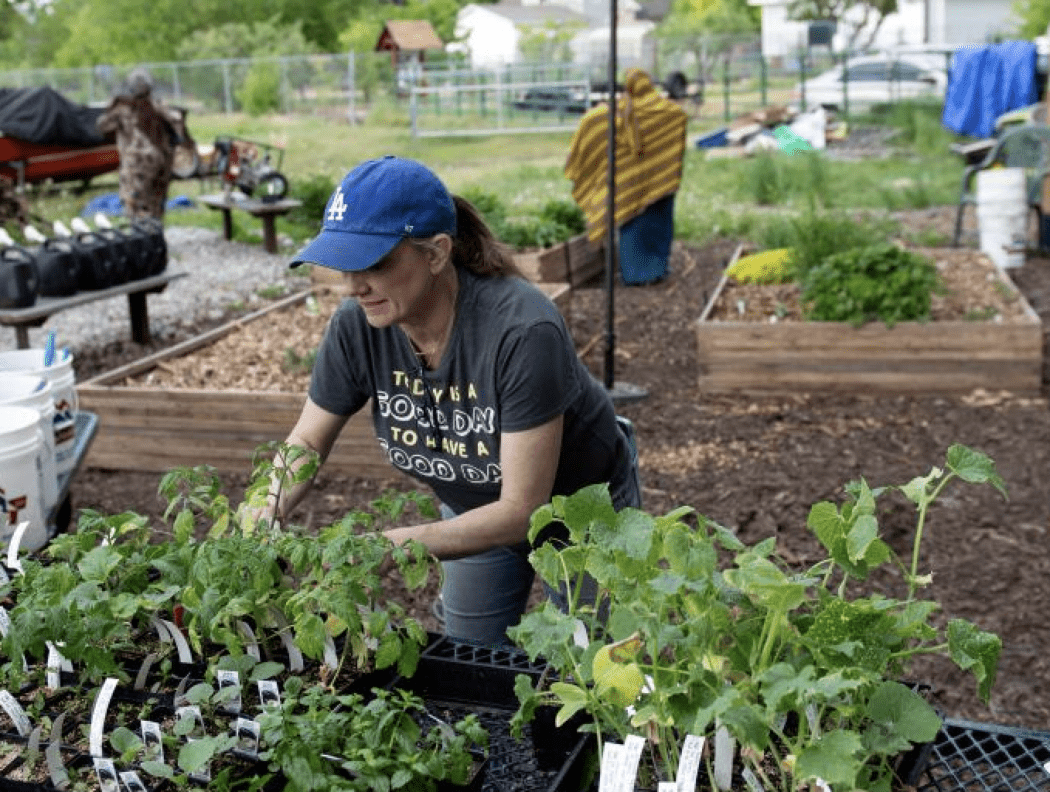Guest Column: From compost to cuisine, how a local garden is continuing to bring food to tables
By Laura Adams, Gage Farley, Haleigh Howell and Katelynn Illum
Editor’s Note: This column has not been altered or edited by The Utah Statesman staff.
The Flores Family Garden was established by Taya and Tony Flores in 2021 to provide vulnerable members of their community with access to healthy food, a social network and education on becoming more self-sufficient.
They offer garden beds to immigrants, refugees and veterans; the garden serves 34 families from 10 different countries.
The garden will have even more garden beds this spring with the goal of being able to serve 70 families and have 10 raised beds dedicated to the Cache Food Pantry.
In addition to the new beds, they are updating their compost area and encouraging gardeners to bring compost from home.
Composting is the use of green organic material waste such as; potato peels, coffee grounds, and eggshells, with a combination of brown organic material waste like; leaves, old newspaper, cardboard, and hay.
When you combine an even amount of green and brown composting materials you can create nutrient-rich soil that is beneficial to growing a garden.
There are many reasons why the garden would want to expand their composting efforts, reducing trips to the landfill has both environmental and economic benefits The reduced use of chemical fertilizers including artificial nitrogen helps both environmentally and economically, especially as these fertilizers often runoff into waterways and cause environmental issues such as algae blooms.
By composting instead of sending their green waste to the landfill, the garden also reduces methane emissions that would normally be released into the atmosphere as the waste decomposes.
The economic benefits of not buying chemical fertilizers can make a large impact over time, and the food waste that would otherwise be thrown away will be cycled back into the garden saving more money.
It also increases water retention in the soil, leaving water trapped in the soil for longer periods of time; which means you will be watering your garden less.
By implementing composting into your garden lifestyle you will: save money by not buying fertilizers, increase the nutrients in your harvest, save water with the high levels of soil retention, and reduce your waste impact by using organic components into your compost.
For more information on volunteering or community events at the Flores Family Garden, visit their website.
You must be logged in to post a comment.


There are no comments
Add yours